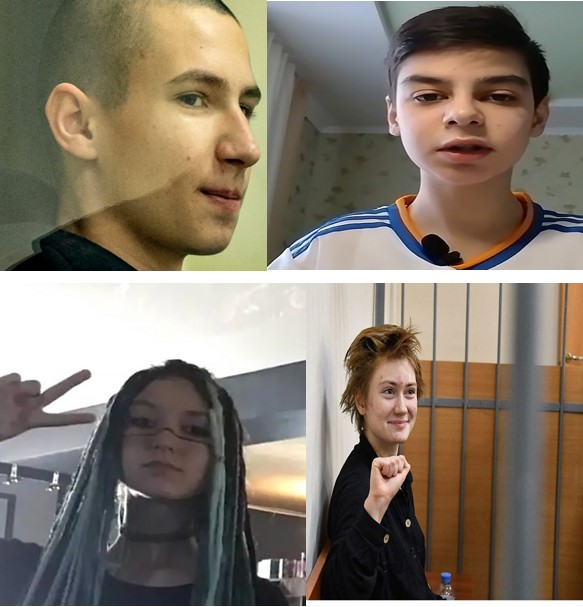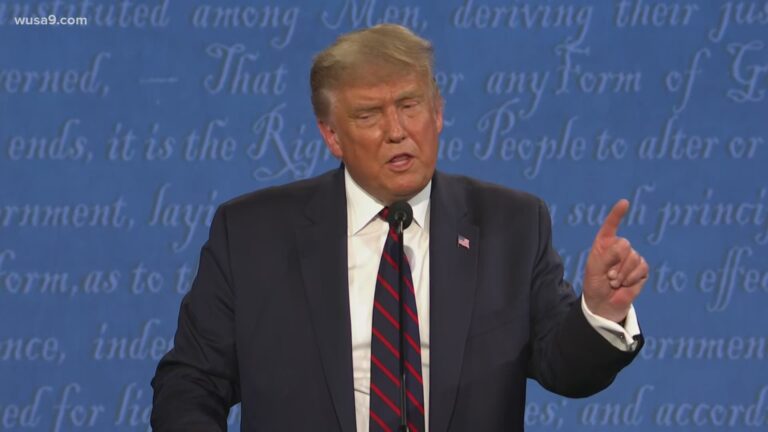
STRATEGIC ASSESSMMENT. At the age of 16, Yegor Balazeikin, a high-school student from St. Petersburg, threw Molotov cocktails at two military conscription centers — an anti-war protest that had become widespread across Russia following the invasion of Ukraine.
The devices failed to ignite. No one was injured.
But Balazeikin, who was initially charged with hooliganism, was eventually sentenced to six years in prison last year by a military court, as his actions were reclassified as “an attempted terrorist attack.”
His case is just one of several recent incidents where teenagers in Russia have been sentenced for their anti-war views.
The Moscow Times has collected some of their stories.
Balazeikin became a staunch opponent of the war after his uncle, who had volunteered to fight with the Russian military forces, died in Ukraine.
“I had to declare my position. I can’t even think about living any other way now,” he said. “To replay everything and remain on the sidelines would be a huge betrayal for me.”
Balazeykin, now 17, is awaiting his transfer from a pre-trial detention center to a correctional colony where teenagers serve their sentences until they turn 19.
His family has voiced worries that his health could deteriorate in prison, as a medical examination revealed that he has progressive liver fibrosis.
In May, Russia added Balazeikin to its list of terrorists and extremists, while the Nobel Peace Prize-winning rights organization Memorial designated Balazeikin as a political prisoner.
Arseniy Turbin was sentenced to five years at a juvenile correctional facility in June on charges of “participating in terrorist activities.” Prosecutors had accused him of trying to join the Freedom of Russia Legion, a paramilitary unit of Russian nationals fighting on the side of Ukraine, which Moscow designated as a terrorist organization.
According to the independent Mediazona news website, Turbin, who was charged for planning to join the legion and sending his questionnaire to the organization, made no such admission during his interrogation.
“I would have joined [the Freedom of Russia Legion],” Turbin was quoted as saying.
But the transcript of the interrogation published by Mediazona shows that Turbin decided against filling out the application form because he was wary of sharing personal details with unknown individuals.
“After all, I don’t know these people,” Turbin said in the two-hour interrogation, which took place in 2023.
Russia added Turbin to its federal register of terrorists and extremists.
Memorial recognized Turbin as a political prisoner, making him the youngest person to have received the designation.
Lyubov Lizunova, a student from the Zabaikalsky region, was sentenced in April by a military court to 3.5 years in jail on charges of incitement to terrorist activities and extremist activities.
Lizunova and Alexander Snezhkov were detained and then arrested in the city of Chita for anti-government graffiti that said “Death to the regime” and for allegedly running two Telegram channels that contained information about anti-war protests and actions.
Snezhkov was sentenced to six years in prison on the same charges.
Both Lizunova and Snezhkov were added to the “terrorists and extremists” registry.
Daria Kozyreva was arrested for attaching a placard with a poem of Ukrainian writer Taras Shevchenko to his monument in St. Petersburg on Feb. 24 this year and charged with “repeatedly discrediting” the Russian Army.
She faces up to five years in jail if convicted.
Last year, Kozyreva was fined 30,000 rubles ($341) for an anti-war post on social media and expelled from the university.
She was also detained in 2022 for depicting “Murderers, you bombed it to rubble. Judases” at an installation made up of two intertwined hearts representing the “brotherhood” of St. Petersburg and the Russian-occupied twin city of Mariupol in southern Ukraine.
Valery Zaitsev, a school student from the Khabarovsk region, was arrested last year for “sympathizing” with Ukraine’s Azov Regiment, which is banned as a terrorist organization in Russia.
Zaitsev was charged with “undergoing training for the purpose of carrying out terrorist activities.”
Under Russian law, he faces a prison sentence ranging from 15 years to life imprisonment.
According to Mediazona, while Zaitsev’s classmates said the teenager spoke out in support of Ukraine and discussed his Ukrainian roots, he also published the Russian flag on his page on the VKontakte social media platform.
Moscow activist Maxim Lypkan was ordered to undergo compulsory treatment by a Moscow court last month. In 2023 he was arrested on charges of spreading false information about the Russian army based on political hatred.
The criminal case against him was dismissed due to “insanity at the time of the crime.”
Lypkan was arrested in 2023 for his anti-war posts on Telegram social media, including a call to protest in Moscow against the invasion.
“Do not be afraid. And fight for your freedom!”, his latest post said.







